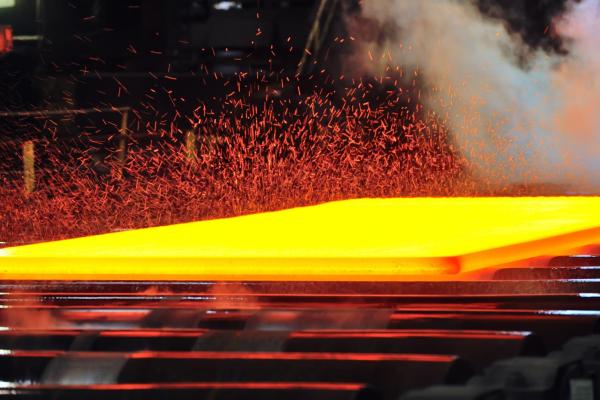Overview
Air pollution does not stop at borders. International cooperation on transboundary air pollution – and sharing of information and knowledge between countries and regions – is therefore important. Clean air is also closely linked to several of the Sustainable Development Goals, notably SDG3 on health which includes the following target:
"By 2030, substantially reduce the number of deaths and illnesses from hazardous chemicals and air, water and soil pollution and contamination."
Partners
At an international level, the EU cooperates with many strategic partners, including:-
- World Health Organization on air quality guidelines;
- UN Environmental Programme on zero pollution/pollution-free planet initiatives, and on the follow-up to UNEA resolution 3/8 from December 2017 and UNEA Resolution 6/10 from 1 March 2024;
- Climate and Clean Air Coalition on synergies between the climate and clean air agendas;
- World Bank Global Department for the Environment;
- and the Arctic Council and its Monitoring and Assessment Programme and the Expert Group on Black Carbon and Methane, notably on black carbon and methane emissions impacting the Arctic region.
Air pollution is also addressed under the Neighbourhood Policy, for example, in the Green Agenda for the Balkans.
UNECE Air Convention
The most advanced multilateral clean air agreement is the UNECE Convention on Long-Range Transboundary Air Pollution (the Air Convention), which was adopted in 1979. It provides a platform for clean air policy discussions and is supported by a well-established science network, the EMEP.
The Air Convention has been extended over time by eight Protocols. The European Union is party to seven of these Protocols.
Of particular importance is the so-called Gothenburg Protocol which sets national emission reduction commitments for four pollutants—sulphur (SO₂), nitrogen oxides (NOₓ), volatile organic compounds (VOCs), and ammonia (NH₃) for 2020 and beyond. It was agreed in November 1999 and amended in 2012, setting emission reduction commitments for 2020 and beyond. These commitments have also been transposed into EU law by the Directive on National Emission Reduction Commitments. The amended Gothenburg Protocol was ratified by Council Decision (EU) 2017/1757 following the Commission’s Clean Air Policy Package. Although the Gothenburg Protocol and the NECD are similar, they also differ in certain aspects. One study analysed the similarities and differences between the two instruments.
The protocol is currently under revision following a decision taken at the 43rd session of its Executive Body in Geneva on December 2023, with the aim of finalising the process by its 46th session in 2026.
The EU is active within the Air Convention and supports further ratification and implementation of the protocols by other Convention Parties, as well as the ongoing work for the revision of the Gothenburg Protocol. For example, the EU funds capacity-building in Eastern Europe, the Caucasus and Central Asia region to support their route to ratification.






